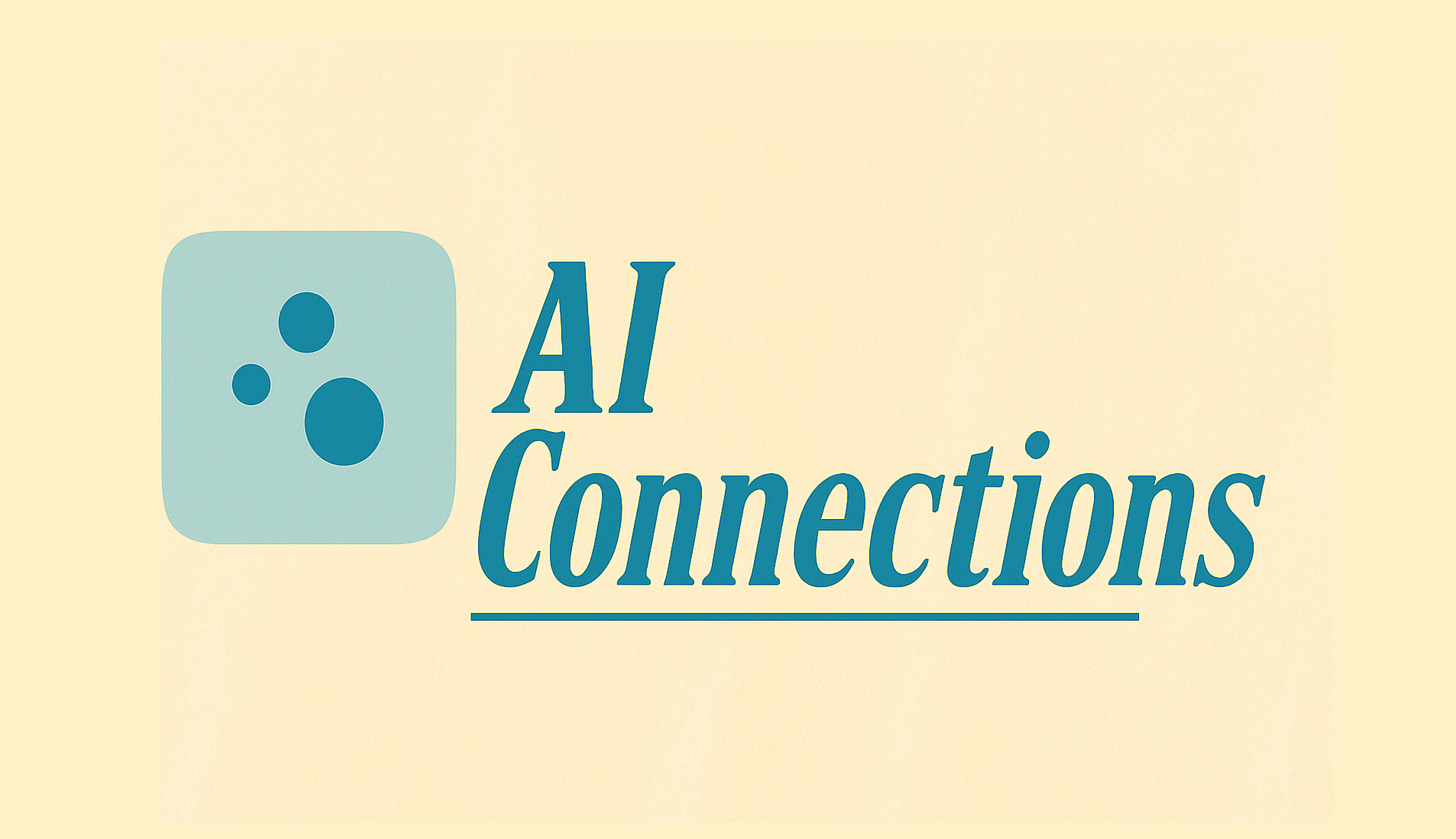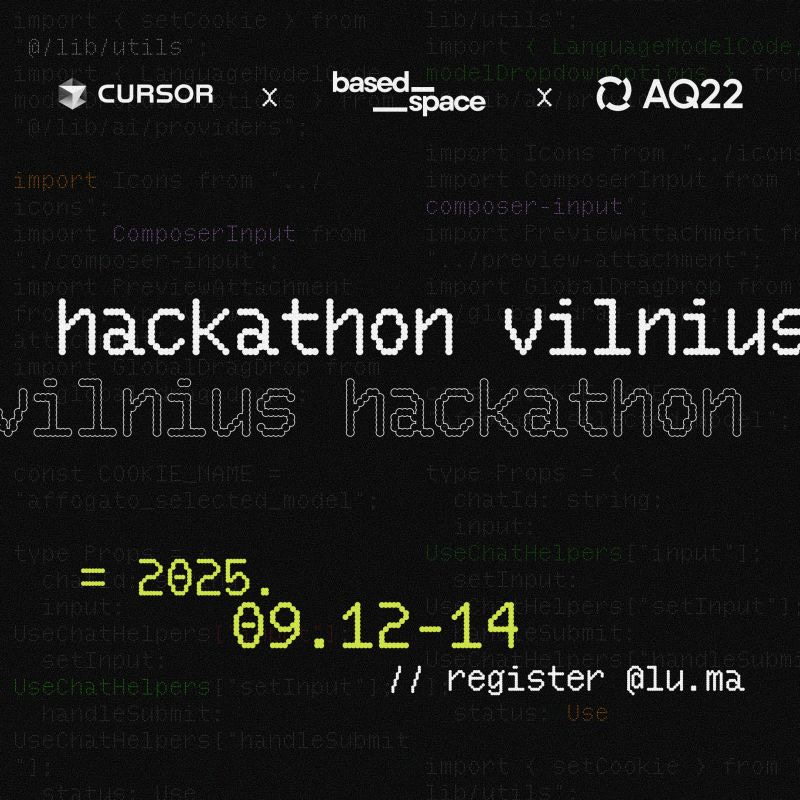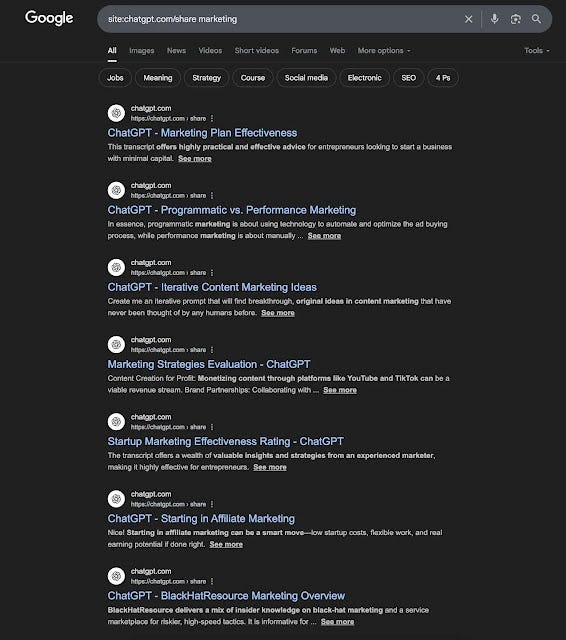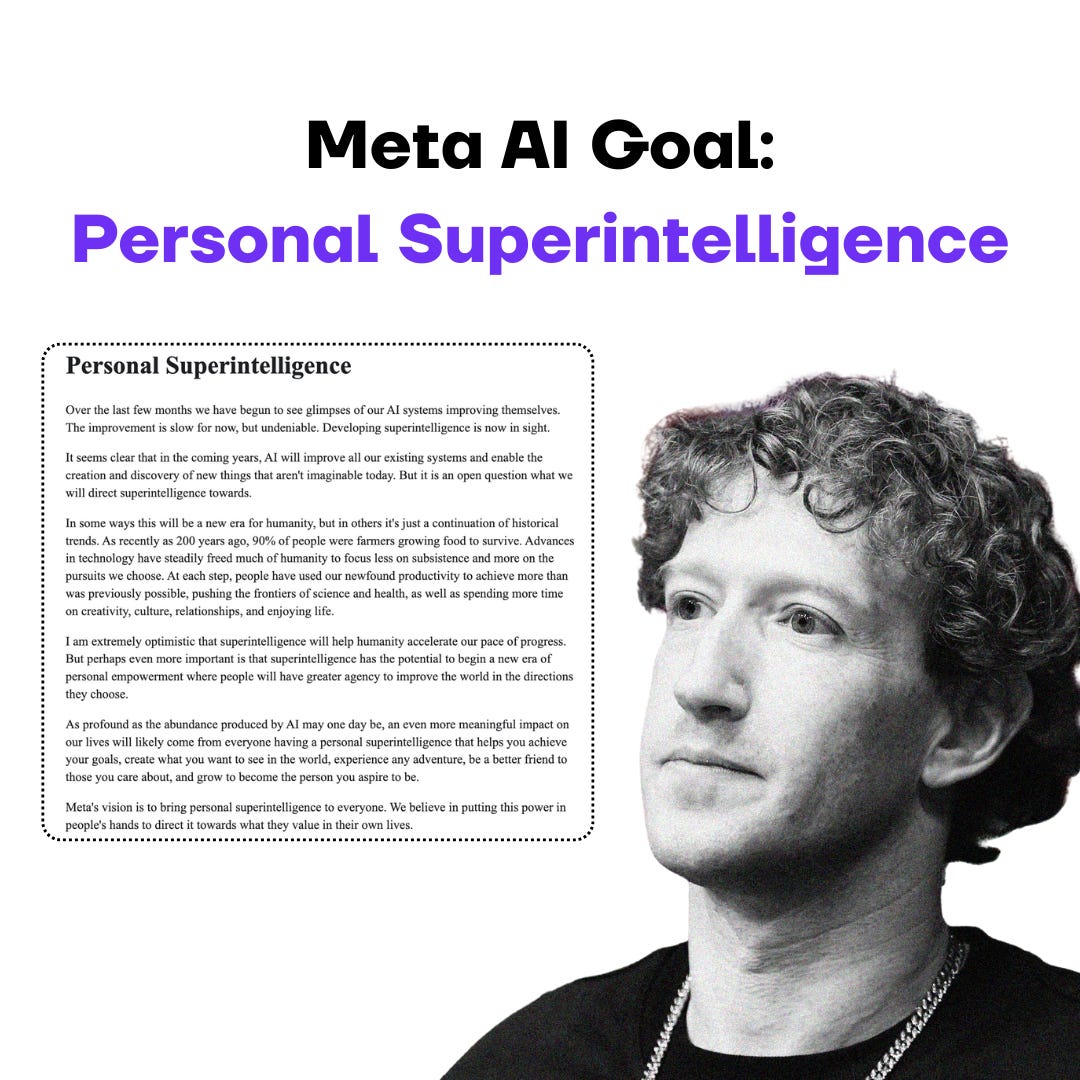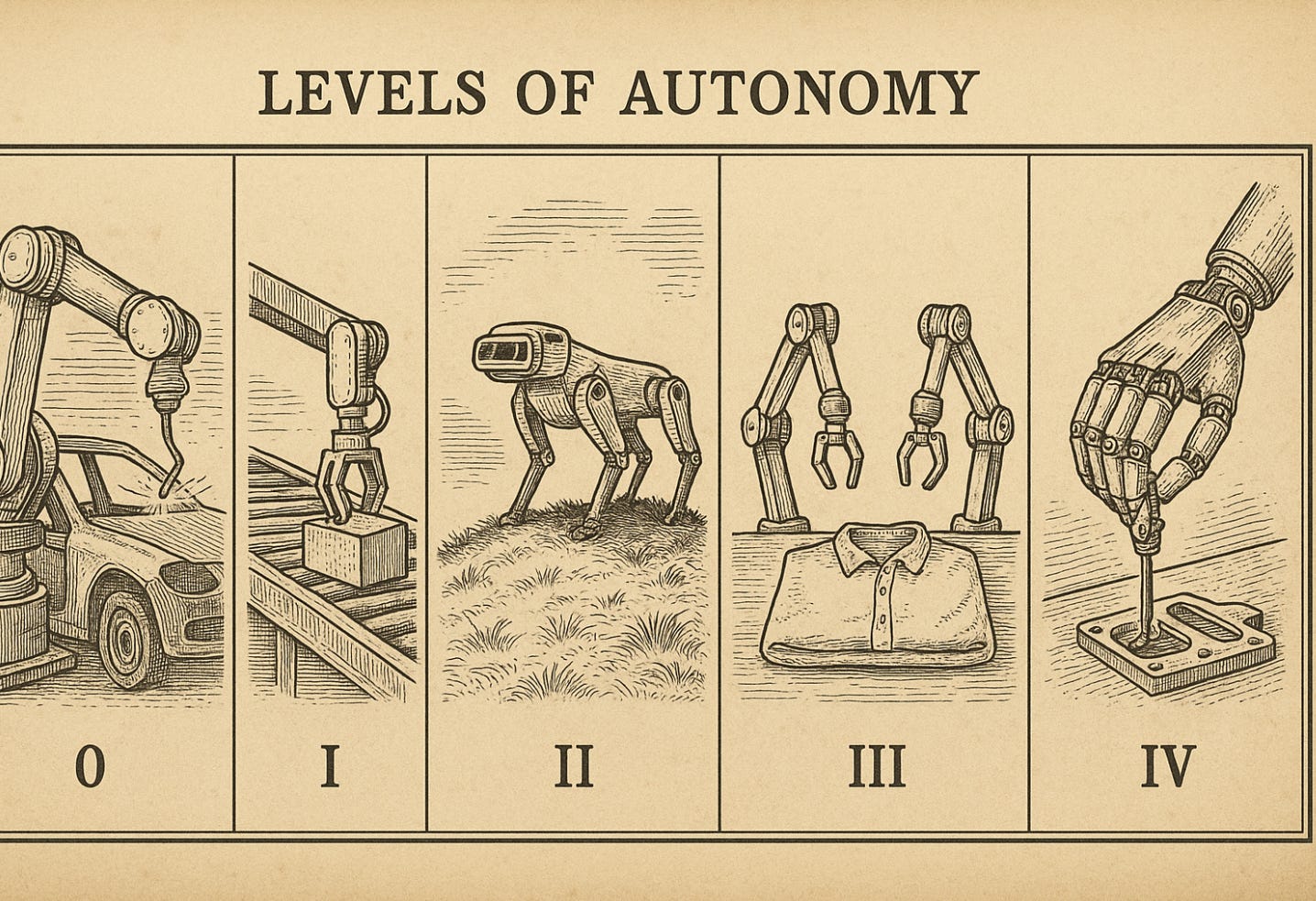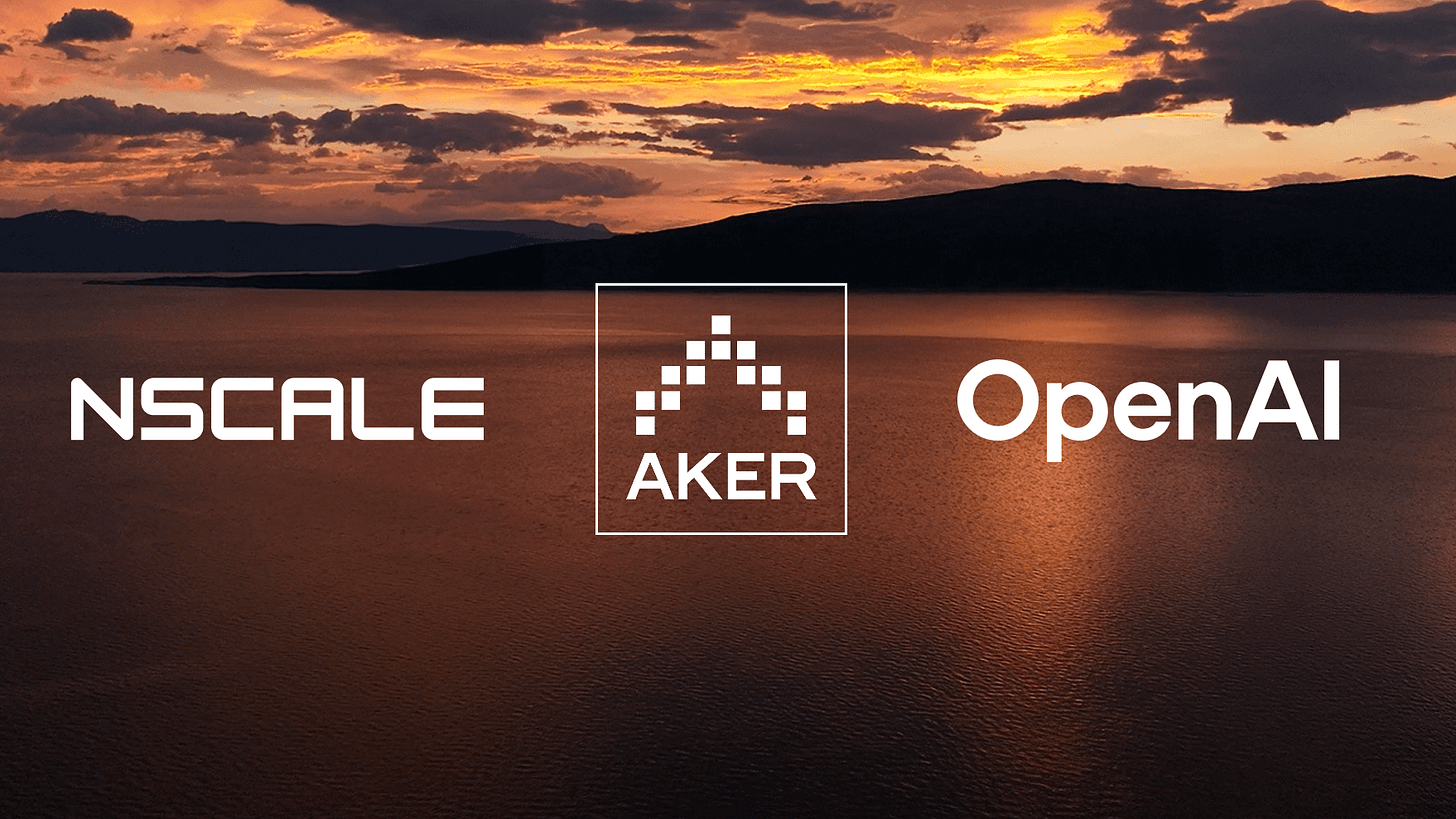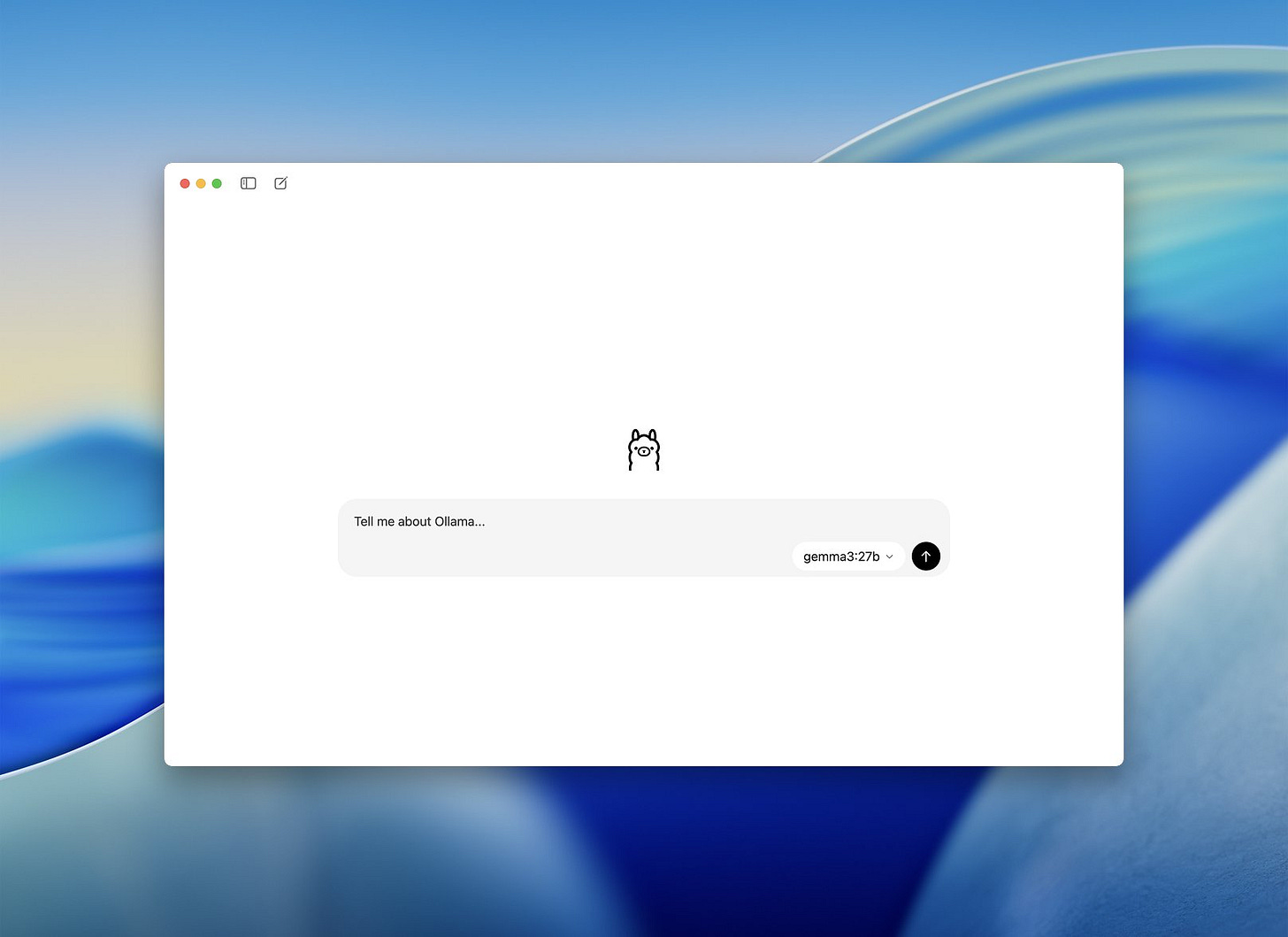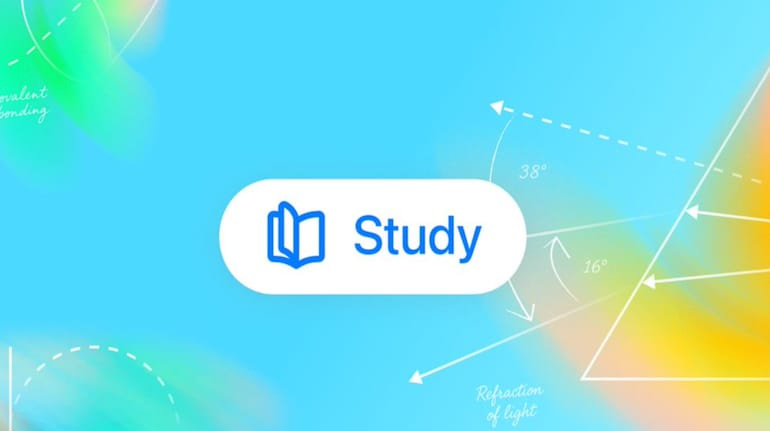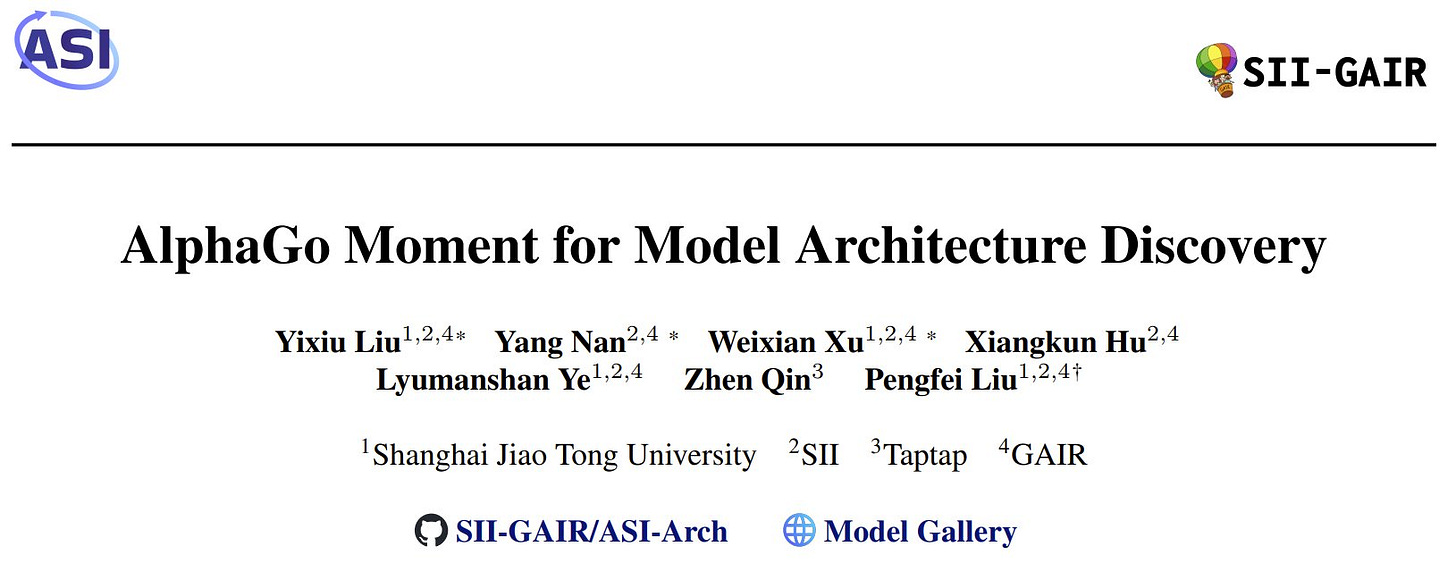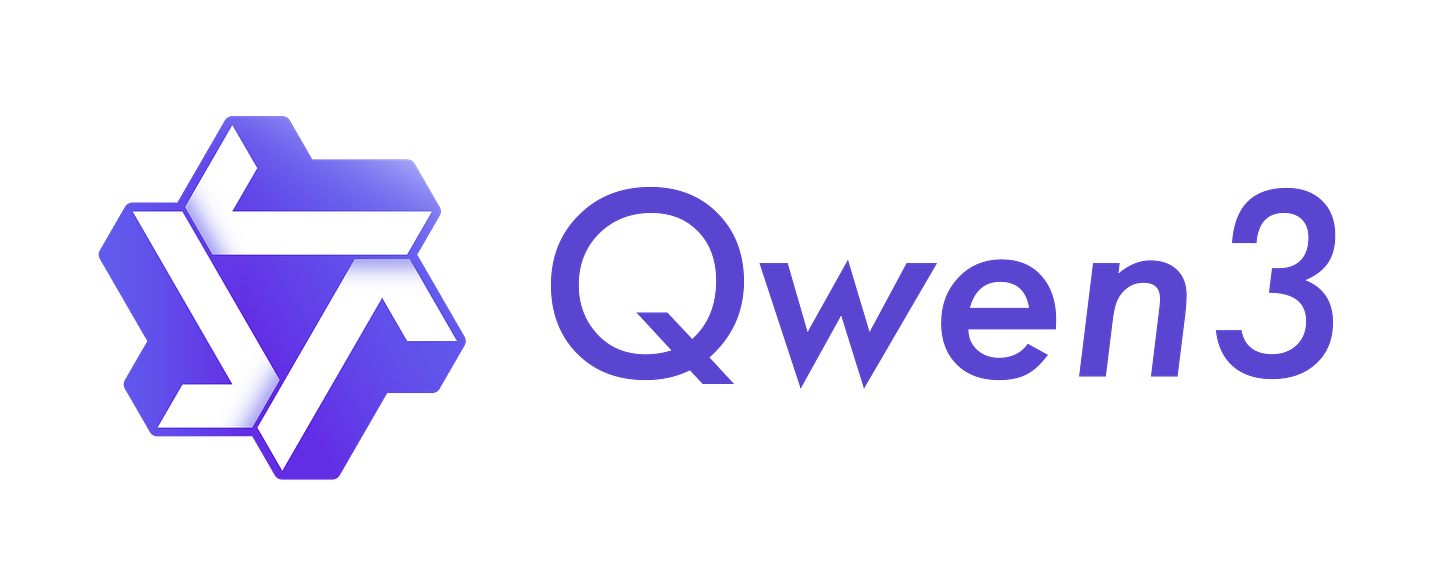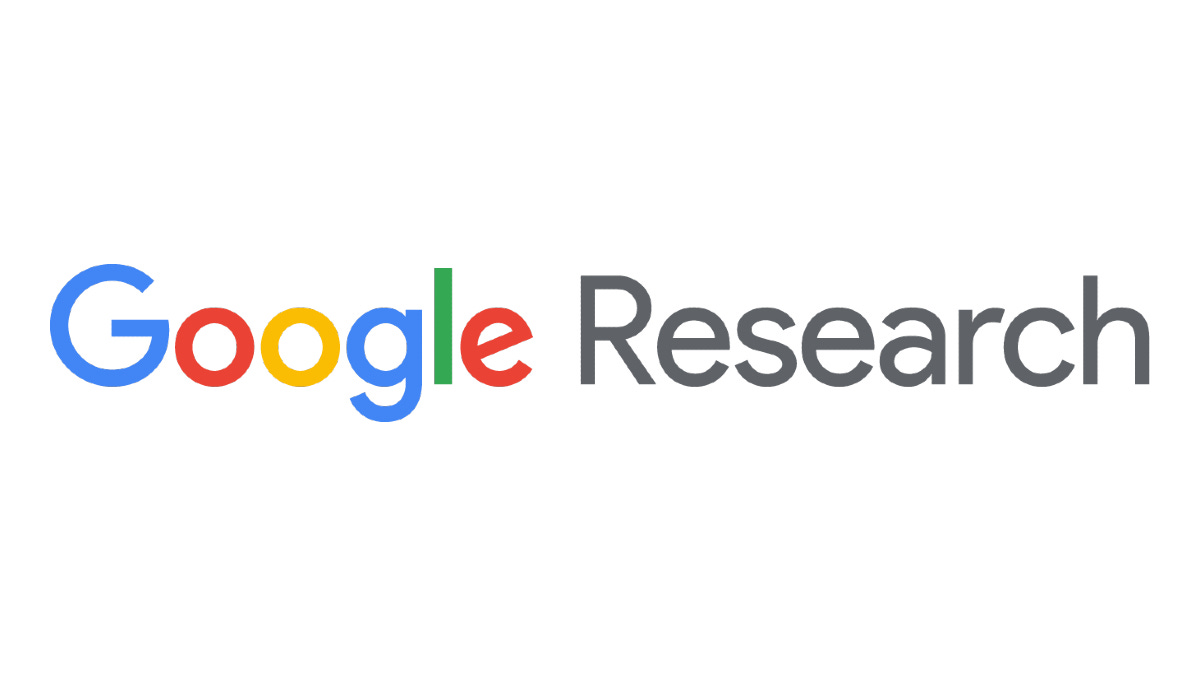ChatGPT queries goes public ‼️AlphaEarth Foundations map model 🌍 Meta's Personal Superintelligence plan 🤖 Robotics Levels of Autonomy 🚀 Norway Stargate 🇳🇴 ChatGPT Studymode 📚
AI Connections #62 - a weekly newsletter about interesting blog posts, articles, videos, and podcast episodes about AI
Cursor Hackathon is coming to Vilnius! 🇱🇹
I'm thrilled to announce the launch of a new event series by Cursor (Anysphere), in collaboration with basedspace and AQ22.
🗓️ Save the date: September 12–14
📍 Location: Vilnius
💻 Theme: Build startups, experiment with ideas, and just code using Cursor.
If you haven’t tried Cursor yet, it’s hands-down the best AI programming tool out there. It’s been a game-changer for me in prototyping, launching ideas, and building new businesses. We want to show how accessible it is to go from idea to → working product in just a weekend.
🔥 Expect:
• Talks from Cursor and Lithuanian startup founders
• Mentorship sessions
• Demos, coding, team formation
• A weekend of creativity, community, and shipping cool things
🚀🚀🚀 REGISTER 👨🚀👨🚀👨🚀
TOP 3 NEWS IN AI THIS WEEK💎
“Your public ChatGPT queries are getting indexed by Google and other search engines”- article by TechCrunch: READ
This article is about OpenAI's short-lived experiment allowing shared ChatGPT conversations to be indexed by search engines—an effort to make helpful chats more discoverable—that was quickly shut down due to privacy concerns after users unintentionally exposed sensitive or personal information through public links.
“Anthropic is adding new weekly limits to its Claude AI”- article by Dataconomy: READ
This article is about Anthropic introducing new weekly rate limits for its Claude Code AI service starting August 28, aiming to curb excessive 24/7 usage, account sharing, and resale—especially among power users—while ensuring more reliable access for most subscribers across its pricing tiers, amid rising demand and infrastructure strain.
“Apple plans to ‘significantly’ grow AI investments, Cook says” - article by TechCrunch: READ
This article is about Apple’s renewed push into AI, with CEO Tim Cook announcing increased investment, internal reallocation of talent, and steady acquisitions to accelerate development—while emphasizing Apple’s focus on integrating practical, user-friendly AI features into its devices without rushing, despite criticism of delayed launches like the new Siri.
READING LIST 📚
“AlphaEarth Foundations helps map our planet in unprecedented detail”- blog post by Google DeepMind: READ
This blog post is about AlphaEarth Foundations, a new AI model that integrates petabytes of satellite and geospatial data into compact, unified embeddings—enabling high-resolution, real-time mapping of Earth’s land and coastal waters and empowering scientists, governments, and conservationists to generate accurate, scalable maps for monitoring agriculture, ecosystems, and environmental change.
“Personal Superintelligence” - blog post by Meta: READ
This blog post is about Meta’s vision for AI: a future where superintelligence becomes a deeply personal, empowering tool that helps individuals achieve their goals and live more meaningful lives, contrasting with centralized models of automation, and signaling Meta’s commitment to building AI infrastructure and personal devices (like AR glasses) that serve billions while preserving agency, creativity, and individual aspiration.
“Robotics Levels of Autonomy”- blog post by SemiAnalysis: READ
This blog post is about a new “Robotics Levels of Autonomy” framework that categorizes the step-by-step evolution of robotic intelligence—from rigid, pre-programmed machines (Level 0) to general-purpose robots capable of complex, force-sensitive tasks (Level 4)—highlighting how AI advances and foundational models are accelerating progress toward scalable, autonomous systems that can increasingly replace human labor across industries.
“The two people shaping the future of OpenAI’s research” - blog post by Technology Review: READ
This article is about how OpenAI’s twin heads of research, Mark Chen and Jakub Pachocki, are steering the company’s push toward AGI by focusing on advanced reasoning models, balancing long-term research and product demands, redefining alignment as a practical challenge, and aiming for AI systems that can autonomously explore, reason, and make scientific progress over extended periods.
“SensorLM: Learning the language of wearable sensors” - blog post by Google: READ
This blog post is about SensorLM, a new family of large-scale sensor–language foundation models trained on nearly 60 million hours of wearable data to translate complex sensor signals into natural language, enabling personalized health insights, zero-shot activity recognition, and generative captioning directly from smartwatch and fitness tracker data.
“The Bitter Lesson versus The Garbage Can”- blog post by Ethan Mollick: READ
This blog post is about the tension between the "Garbage Can" model of messy, ad hoc organizational processes and the "Bitter Lesson" of AI, that instead of mapping or improving chaotic workflows, companies may achieve better results by training AI agents on high-quality outcomes alone and letting them find their own way through the mess.
“Researchers create ‘virtual scientists’ to solve complex biological problems” - blog post by Stanford Medicine: READ
This blog post is about a Stanford-led breakthrough in AI-driven scientific discovery, where a virtual lab of collaborating AI agents—led by an AI principal investigator—independently generated novel vaccine candidates for COVID-19 and demonstrated the ability to solve complex biological problems, offering a scalable new model for accelerating research across medicine and science.
“Introducing Stargate Norway”- blog post by OpenAI: READ
This blog post is about OpenAI’s launch of Stargate Norway, its first European AI data center under the OpenAI for Countries initiative, an ambitious, 100% renewable-powered project in Narvik aiming to deliver 230MW of compute capacity and 100,000 GPUs by 2026 to serve Norway’s AI ecosystem and accelerate sovereign AI infrastructure across Europe.
NEW RELEASES 🚀
Manus released Wide Research: TRY
KREA AI released Krea-1 - a new SOTA open-source image model with incredible realism and aesthetics: TRY
Google Veo 3 now in Gemini API - TRY
Ollama has released a new app for macOS and Windows: TRY
“OpenAI introduces study mode”: TRY
RESEARCH PAPERS 📚
“AlphaGo Moment for Model Architecture Discovery” - research paper by Shanghai Jiao Tong University: READ
This research paper is about ASI-Arch, the first autonomous AI system that conducts end-to-end scientific research in neural architecture design, going beyond traditional NAS by generating, coding, testing, and scaling novel architectures without human guidance, marking a shift from human-bounded AI research to computation-scalable innovation.
“Group Sequence Policy Optimization” - research paper by Qwen Team: READ
This research paper is about Group Sequence Policy Optimization (GSPO), a new reinforcement learning algorithm that improves training stability and efficiency for large language models by optimizing at the sequence level rather than the token level, enabling better performance, especially in Mixture-of-Experts models, and powering recent advancements in Qwen3.
“Learning without training: The implicit dynamics of in-context learning”- research paper by Google: READ
This research paper is about uncovering how in-context learning in large language models may arise from a simple yet powerful mechanism, where stacking self-attention with an MLP enables the transformer to implicitly perform low-rank weight updates to the MLP based on the prompt, allowing the model to adapt without changing its actual parameters.
“Seed Diffusion: A Large-Scale Diffusion Language Model with High-Speed Inference”- research paper by ByteDance: READ
This research paper is about Seed Diffusion Preview, a new large language model based on discrete-state diffusion that achieves state-of-the-art code generation performance with exceptionally fast inference, 2,146 tokens per second, by enabling parallel, non-sequential decoding, setting a new benchmark on the speed-quality trade-off for code models.
VIDEO 🎥
OTHER 💎
Figure new robot model F.02 do my laundry
ChatGPT agent controlling a live security camera to search objects


